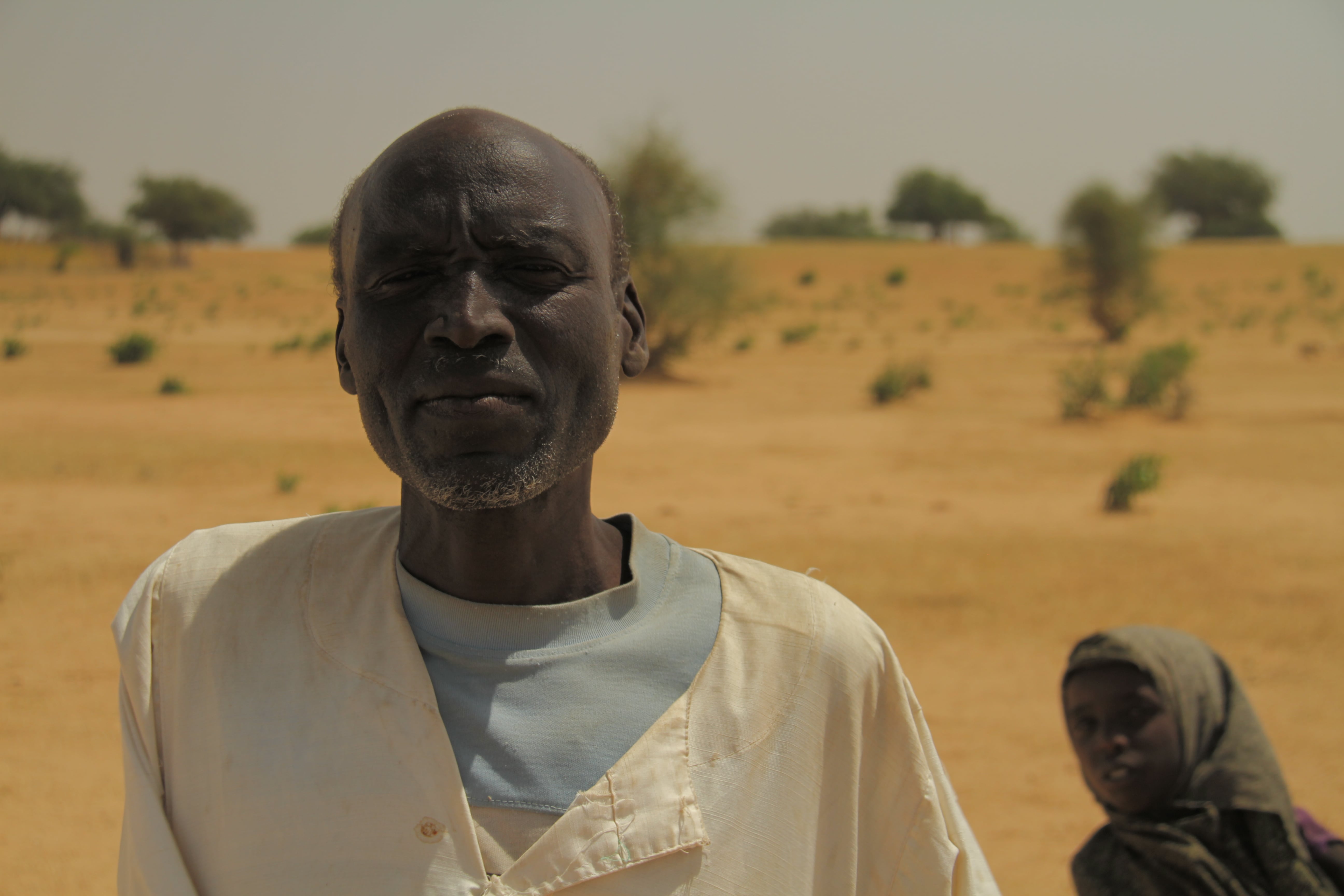Bilala (Lisi)
Introduction / History
Lisi is a collective term used to describe three ethnic groups living in the same geographical region: the Kuka, the Bilala, and the Medogo. The groups speak similar languages, intermarry, share the same religion, and have similar traditions. They are located around Lake Fitri, Yao, and Oum Hadjer, in the Batha Prefecture of northern Chad.
The culture and language of the Bilala, unlike those of the other groups, are of Arab origin. Arabic is also spoken as a trade language.
What Are Their Lives Like?
The Lisi are primarily farmers, growing crops such as millet, sorghum, cotton, and manioc (a shrubby plant widely grown for its large, tuberous, starchy roots). Women usually have their own plots of land near their homes. There, they cultivate vegetables for family consumption or for sale. Wild rice, roots, locust beans, and wild fruits are also gathered from the forests near Lake Fitri.
Some of the Lisi combine farming with livestock production. They often have sheep, horses, camels, and a few cattle. Unlike most of their southern neighbors, the Lisi milk their animals and make butter. This task is performed by the women. Others also engage in small scale hunting and fishing. The men do the hunting, herding, and most of the fishing. The women do some fishing, help the men with the agricultural work, and gather forest produce. In addition, the women are responsible for performing all of the domestic duties such as preparing the meals, collecting the firewood, and caring for the children. The whole region of northern Chad has several local and regional markets. The men usually trade at the larger, regional markets in caravans, while the women engage in petty trade at the local markets near their villages.
The Lisi live in compact villages, each of which is run by a local chief or headman. The chief and the village elders are in charge of settling disputes between the villagers. The rural Lisi live in round huts which have mud-brick or mat walls and cone-shaped, thatch roofs. In the larger towns, the dwellings are also made of mud-brick, but they have flat roofs made of beaten earth. The villages consist of several fenced-in, rectangular compounds. Each compound contains a number of huts belonging to an extended family.
Polygyny (the practice of having multiple wives) is common among the Lisi. However, according to Islamic law, no man may have more than four wives. The first wife has a privileged status and is considered the "chief" among the others. Each additional wife has her own hut where her children will live with her until they are old enough to live on their own.
A young Lisi girl will live in her mother's hut until she is ready to marry. However, a boy will move out of his mother's hut as soon as he is old enough to build his own hut-usually when he reaches puberty. At this time, he also undergoes his initiation into manhood.
What Are Their Beliefs?
The Lisi are virtually all Muslim. They have been strongly influenced by the nearby Muslim Arab merchants, with whom they trade on a regular basis. Although some of their pre-Islamic practices are still observed, Muslim laws and traditions are strongly followed in conjunction with those practices.
What Are Their Needs?
The life expectancy in Chad is about 52 years. The country's literacy rate is somewhat low. The Lisi need more educational opportunities and quality health care facilities. Perhaps Christian teachers and medical workers will have the greatest opportunities to share the love of Jesus with them.
The Lisi are also in need of Christian resources in their own language. A majority of the Lisi have never yet had an opportunity to hear a clear presentation of the Gospel.
Additional laborers, Christian broadcasts, and evangelistic literature are greatly needed to effectively reach the Lisi with the Gospel. Most importantly, they need people who will begin to faithfully intercede for them, tearing down the strongholds that are keeping them in spiritual bondage. Only then will their hearts be prepared to receive the Gospel as it is presented to them.
Resourced by Joshua Project

